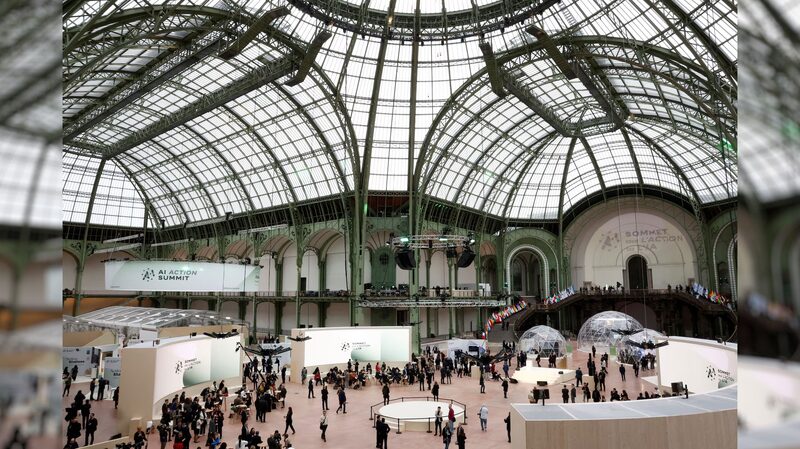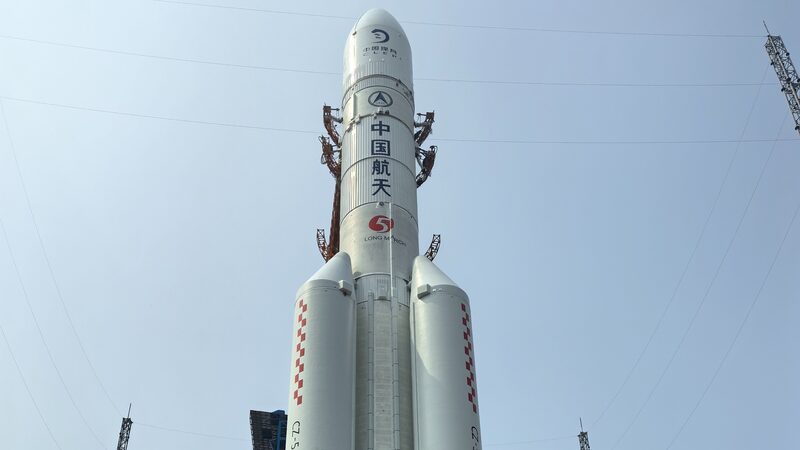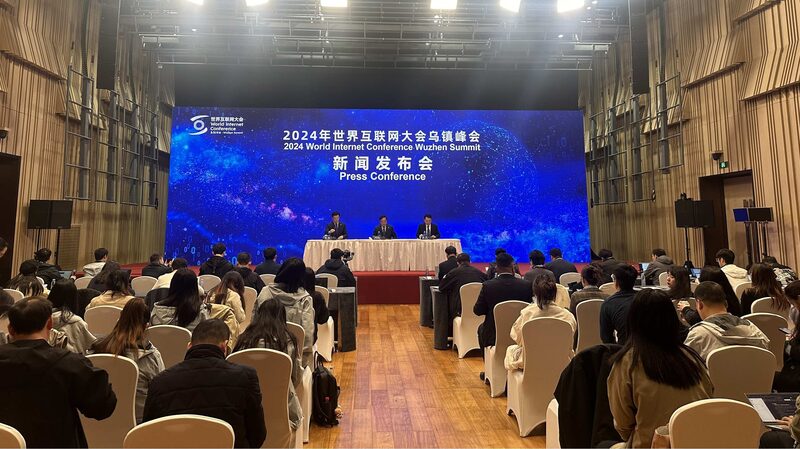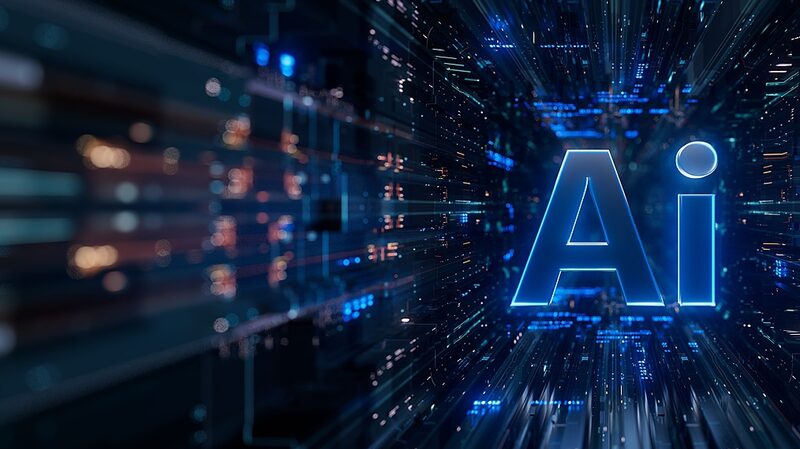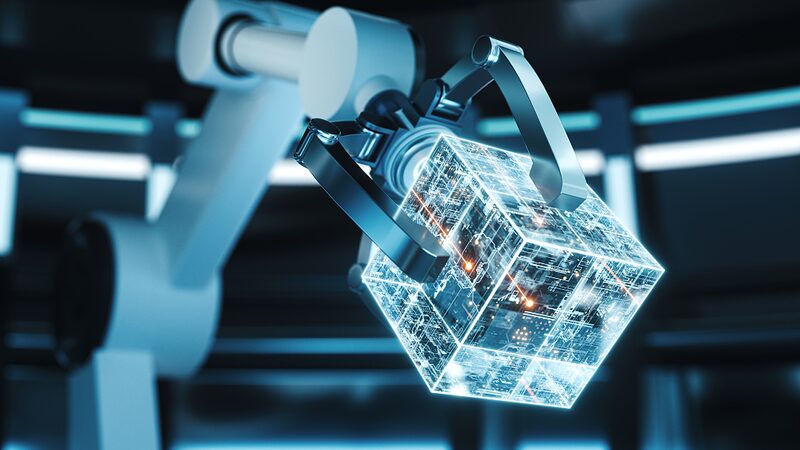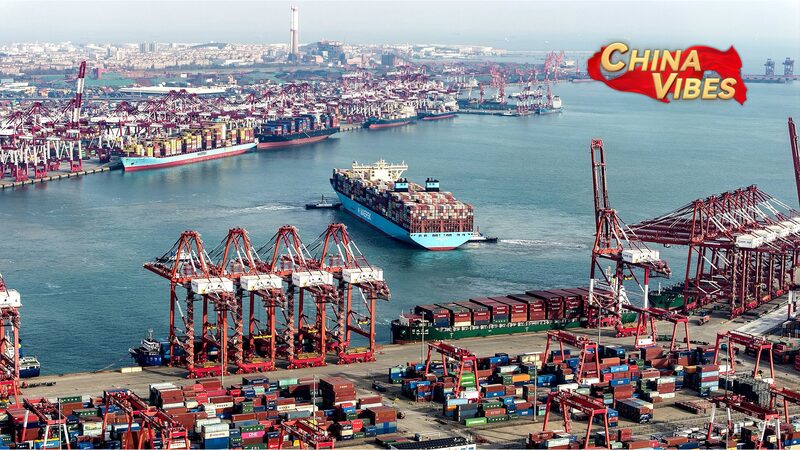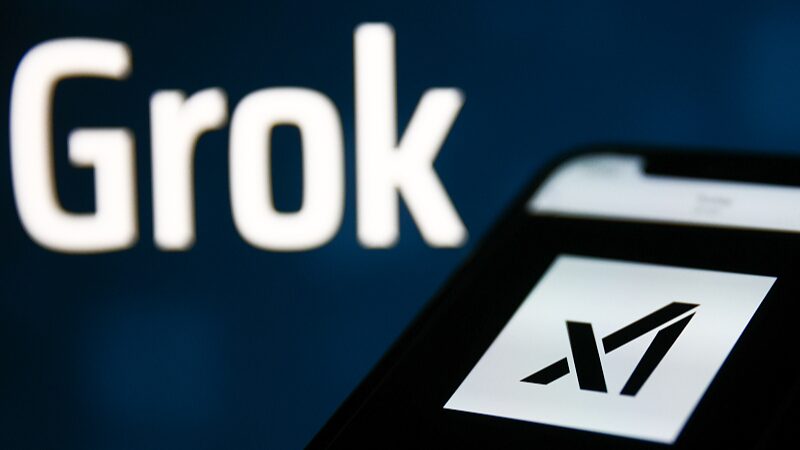World leaders and top tech executives gathered in Paris on Monday for a two-day summit dedicated to the future of artificial intelligence. The event focused on striking a balance between fostering AI innovation and ensuring responsible development practices.
Unlike previous summits that predominantly highlighted the potential risks associated with AI, this year's gathering marked a shift towards promoting growth and substantial investment in the field. A significant milestone was the launch of the global partnership, \"Current AI,\" which unveiled an initial funding of $400 million aimed at supporting public-interest AI projects. Additionally, France is set to announce private-sector AI investments exceeding 100 billion euros ($103 billion), underscoring the nation's commitment to advancing AI technology.
Links between Geopolitical Dynamics and the AI Landscape
The summit also shed light on the geopolitical dimensions influencing AI development. The presence of high-ranking officials, including U.S. Vice President JD Vance and Chinese Vice Premier Zhang Guoqing, highlighted the intensifying competition in the AI arena. Discussions emphasized the necessity for international cooperation while acknowledging that AI has the potential to reshape global power dynamics. The co-hosting of the summit by India alongside France demonstrated a collective effort to involve a broader range of global actors in AI development, potentially balancing the influence of major players like the U.S. and China.
Beyond AI-specific topics, the summit provided a platform for broader diplomatic engagement, allowing world leaders to engage in bilateral meetings and strengthen international relationships.
Regulation Debate Heats Up
The level of regulation appropriate for AI remains a central topic of discussion at the summit. Tech companies and several world leaders, including French President Emmanuel Macron, advocated for a lighter regulatory framework to prevent stifling innovation. OpenAI CEO Sam Altman echoed this sentiment, emphasizing the importance of creating an environment where innovators can thrive. Macron highlighted the dangers of both under-regulation and over-regulation, advocating for a balanced approach.
This stance contrasts with the European Union's recently approved AI Act, the world's first comprehensive set of AI regulations. Some industry players are now lobbying to soften these rules. On the other hand, experts and labor leaders voiced concerns about the societal implications of AI, such as job displacement and the need for worker protections. They pointed out the significant differences between U.S. and EU regulatory approaches and cautioned against weakening existing safeguards.
Reference(s):
cgtn.com
